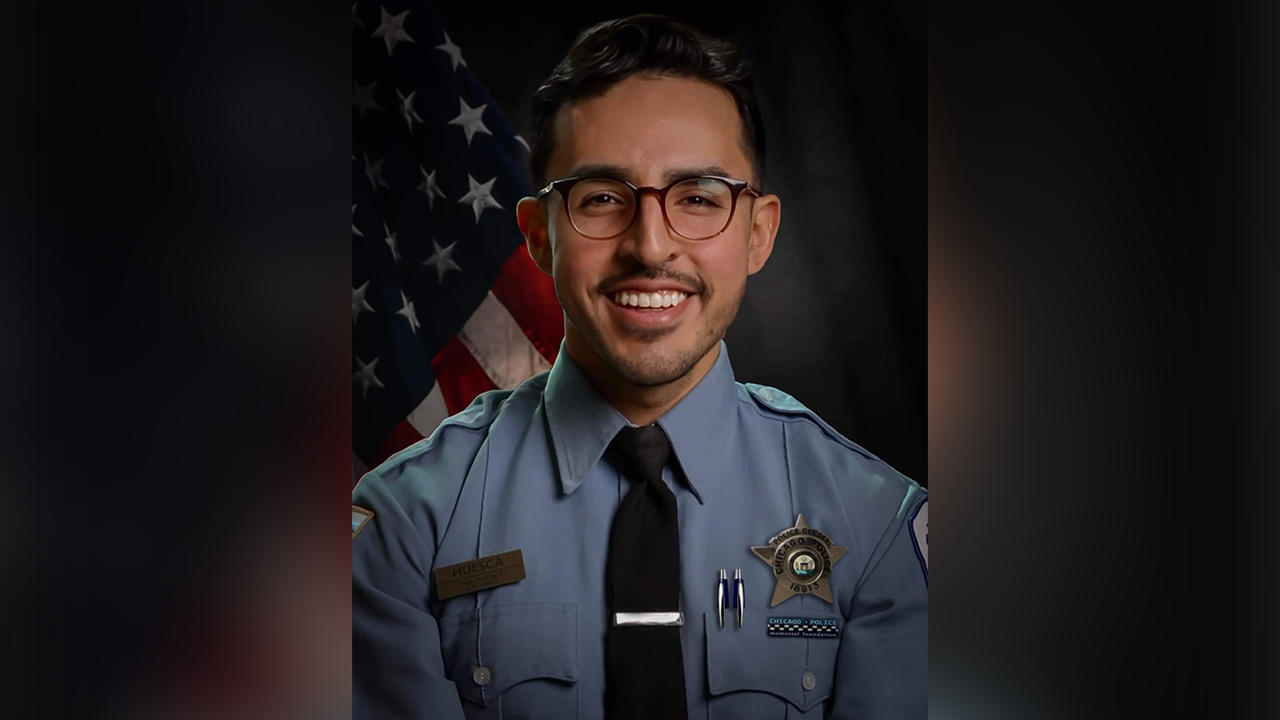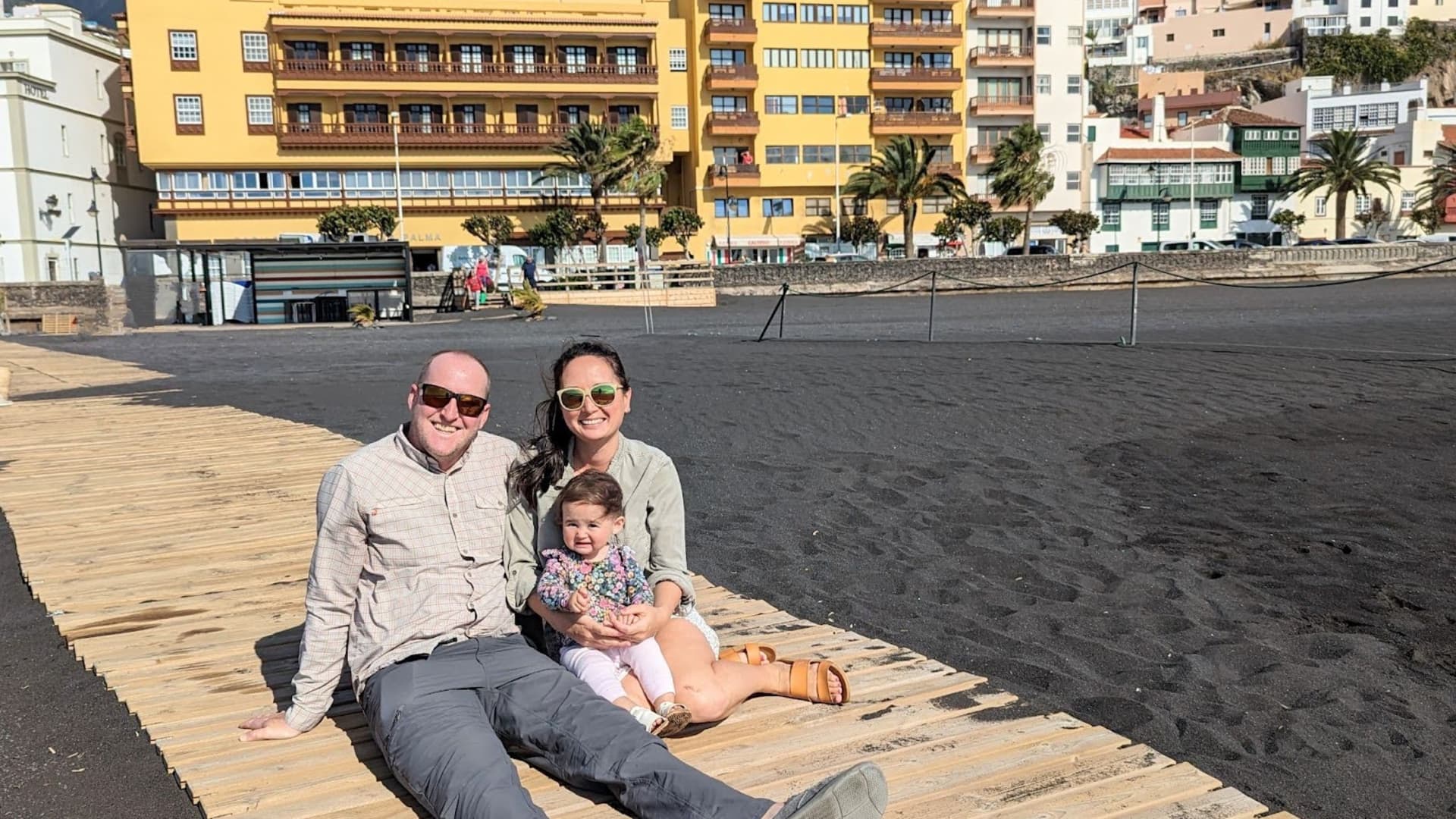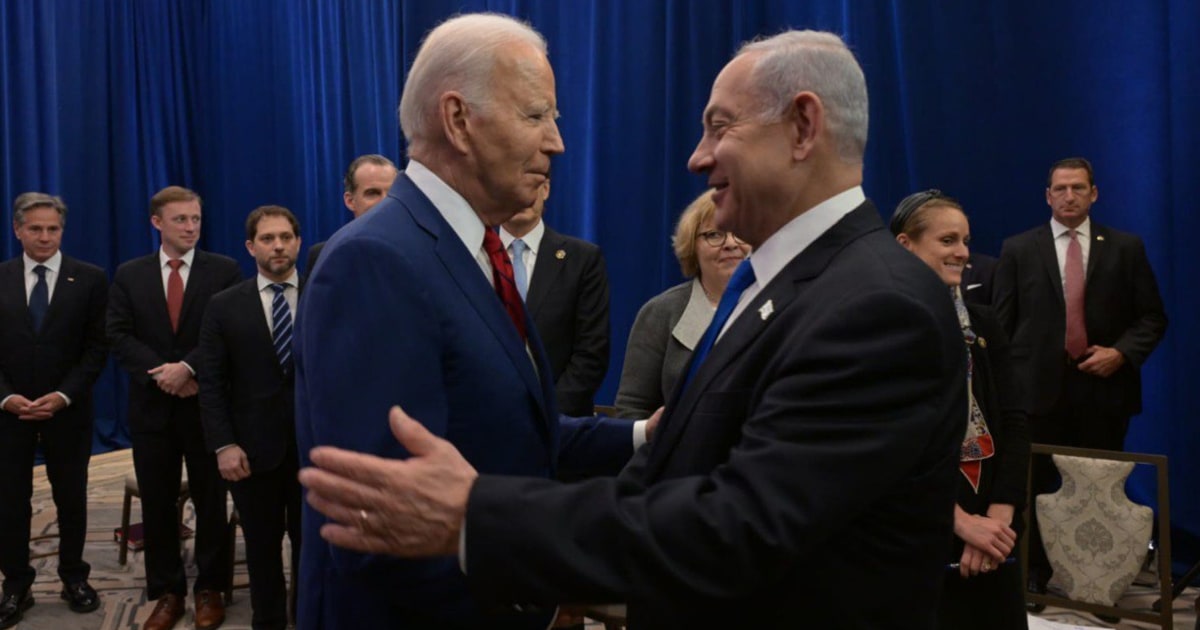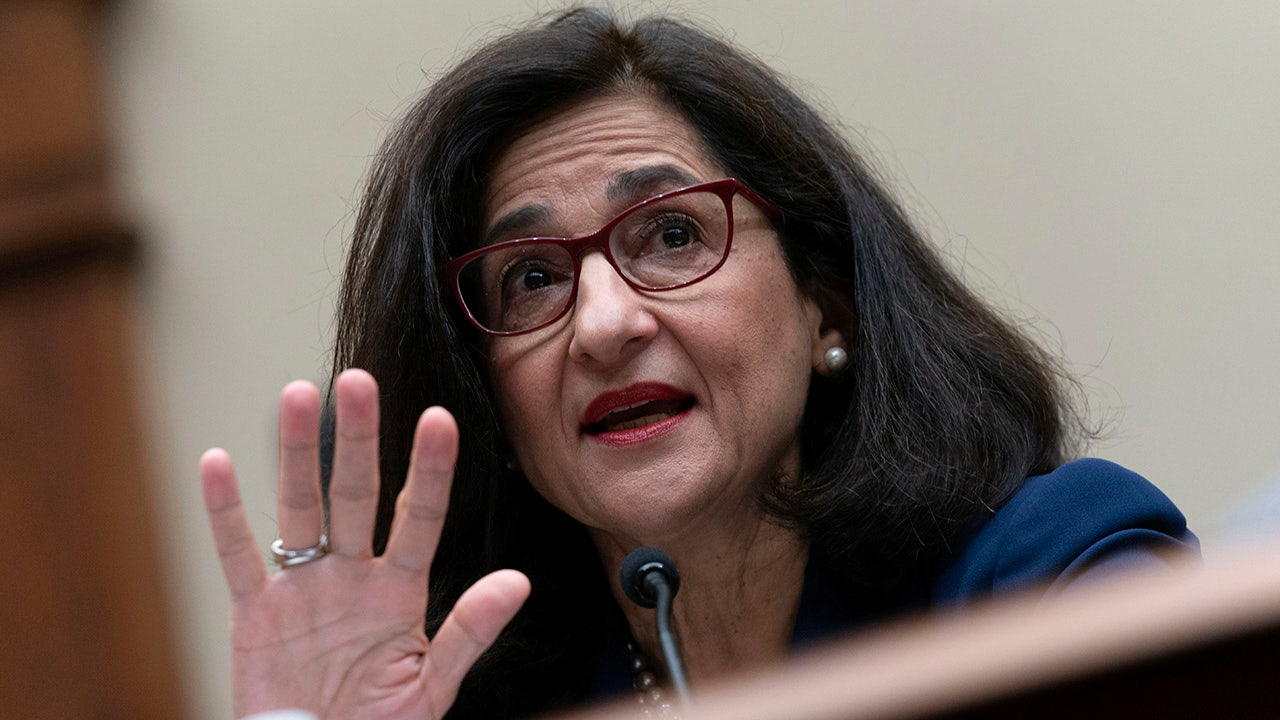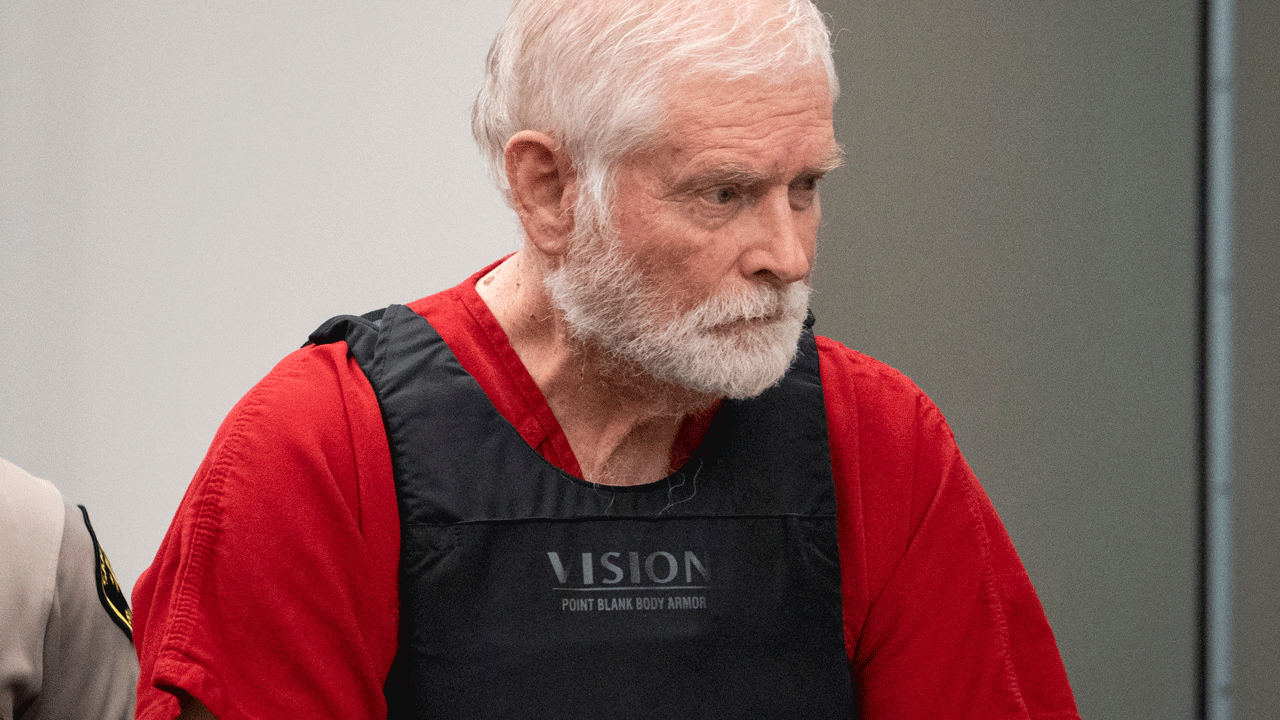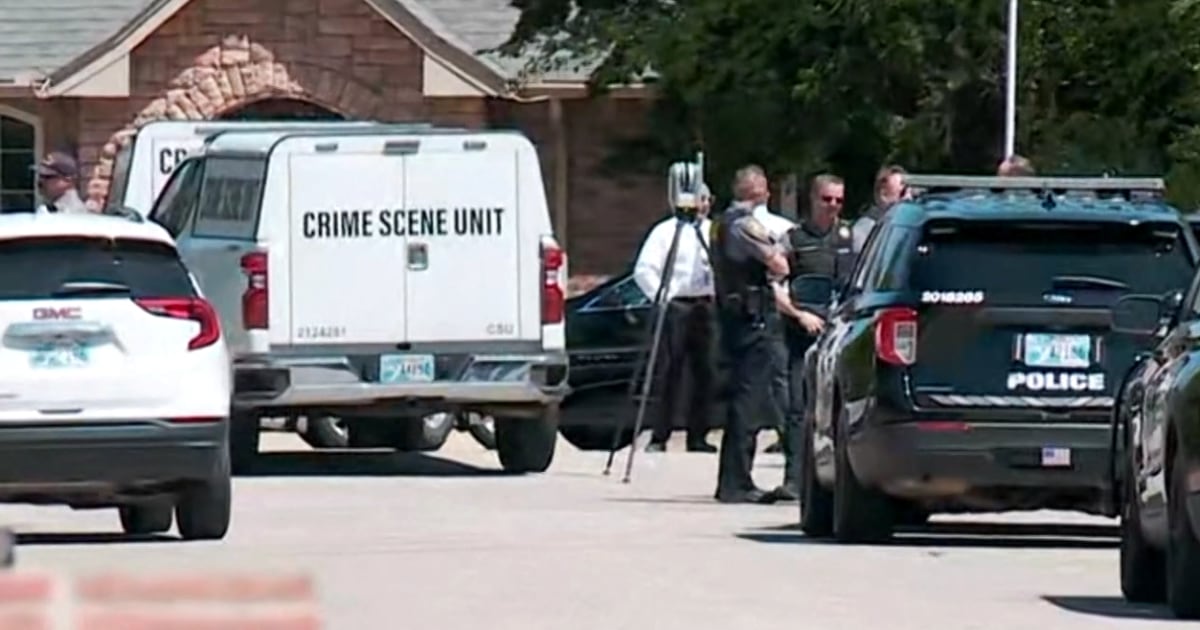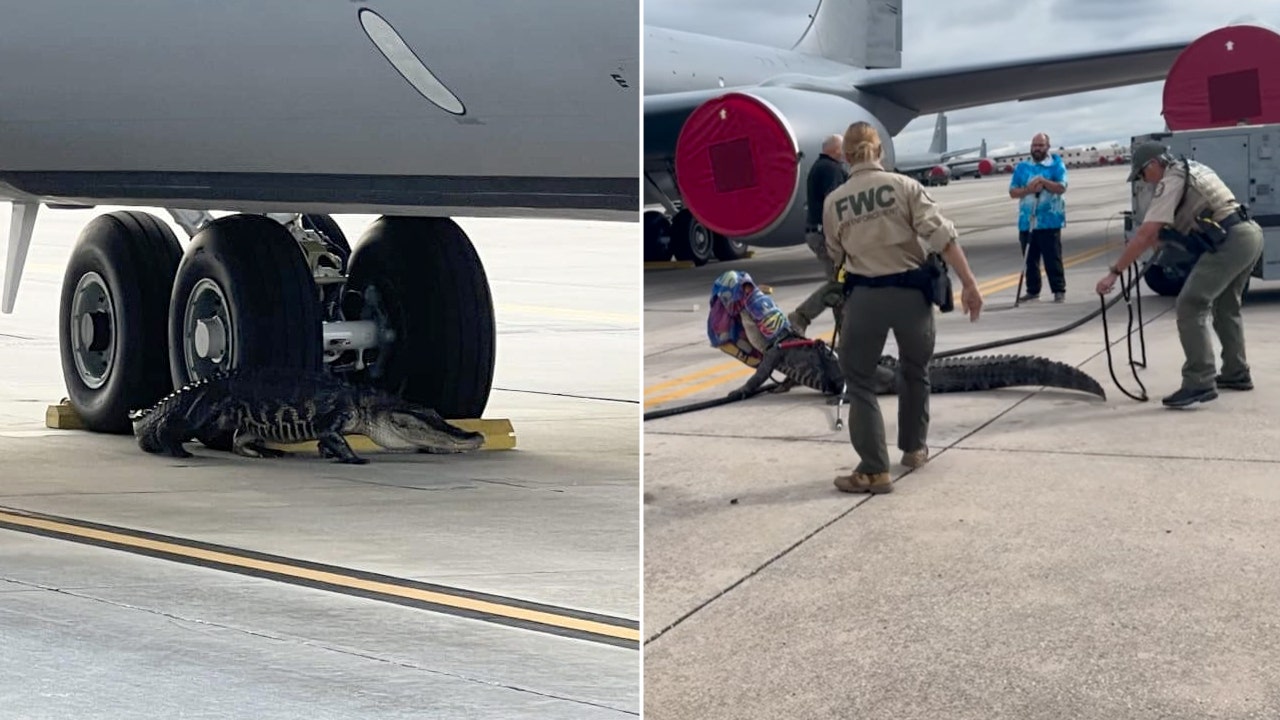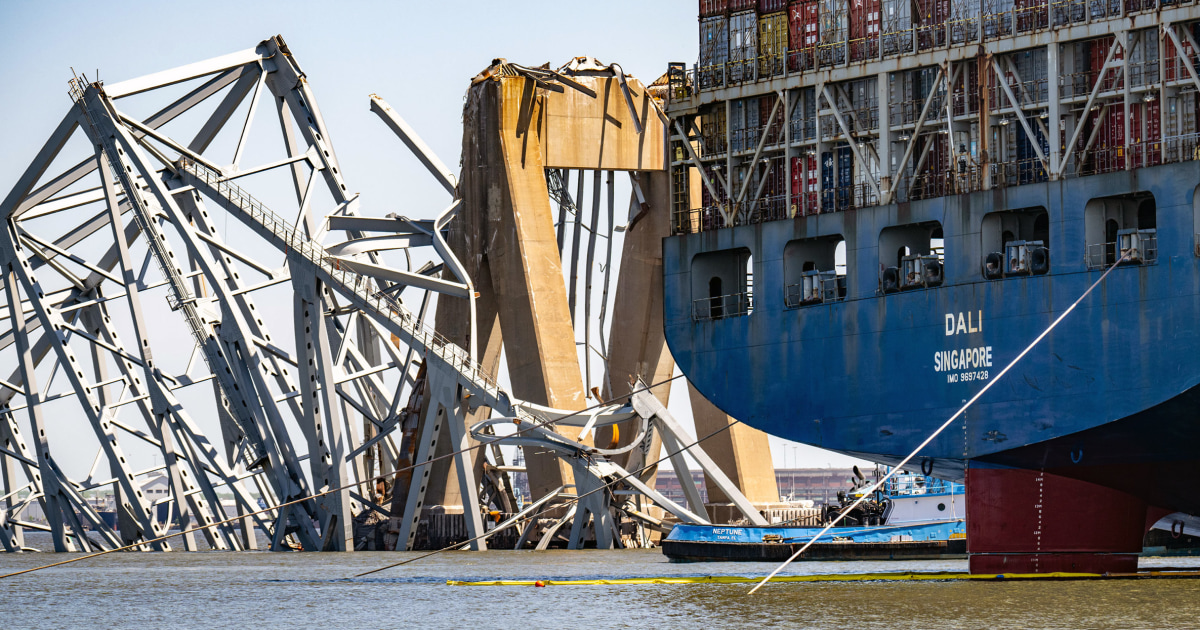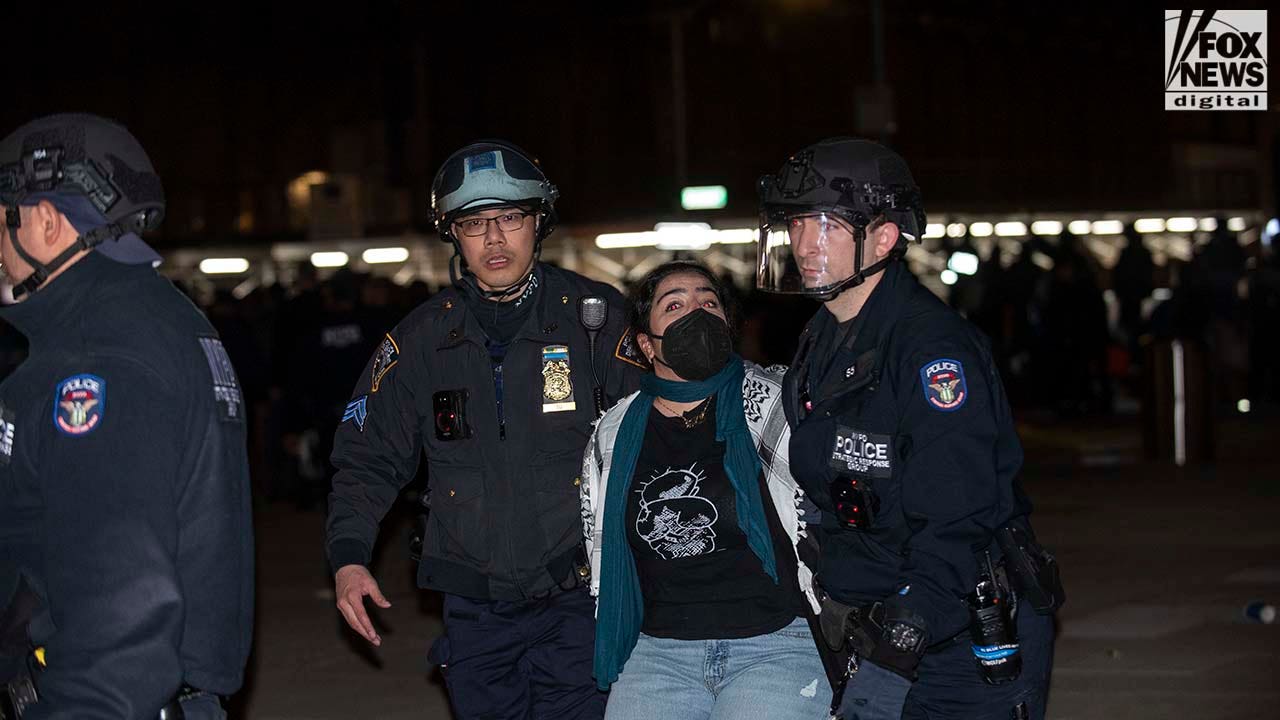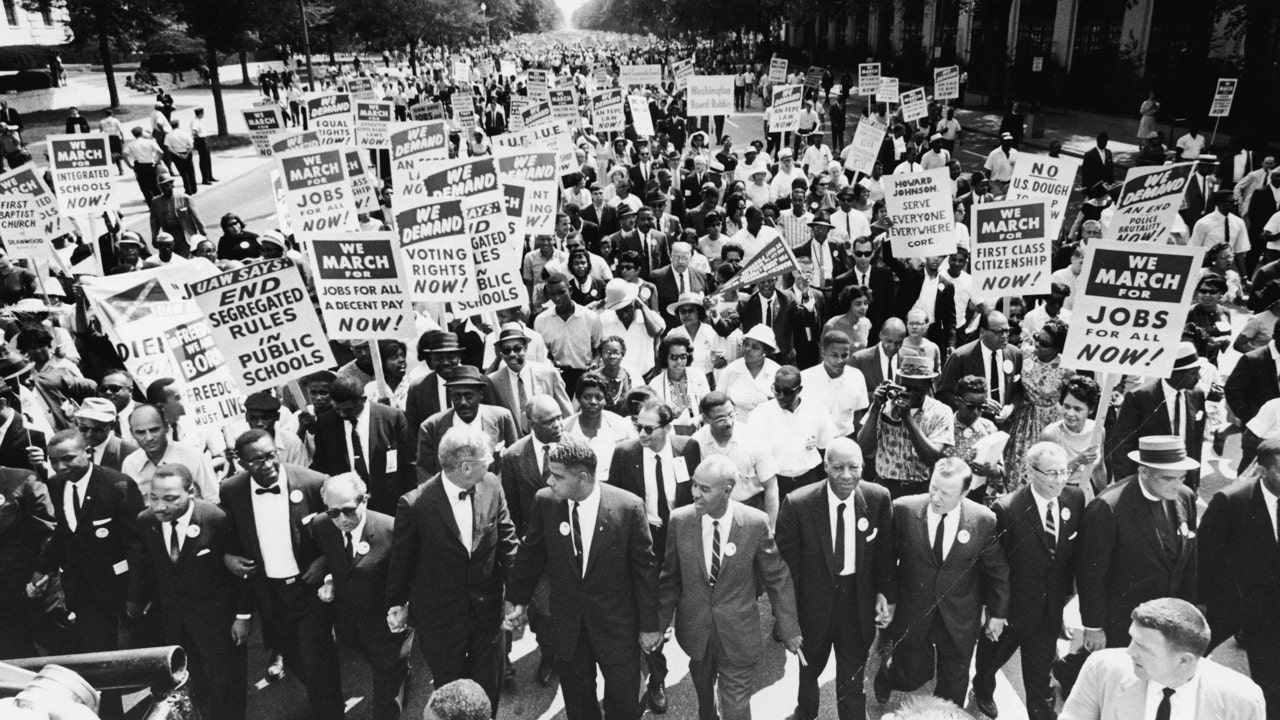Prime Minister Benjamin Netanyahu on Tuesday reiterated plans to launch an offensive in the southern Gaza city of Rafah, less than 24 hours after President Joe Biden warned against precisely such a move in a call with the Israeli leader.
Netanyahu’s defiant message came during the opening of the Foreign Affairs and Defense Committee in the Knesset, Israel’s parliament, with him telling lawmakers that the country had “an argument with Americans” about the need to enter the city, which is sheltering more than 1 million Palestinians who fled their homes elsewhere in Gaza as it was being bombed.
Israeli forces needed to ensure “the destruction or elimination of the military and governmental capabilities of Hamas, the release of all our hostages and to ensure that Gaza no longer poses a threat to Israel,” Netanyahu said, reiterating the goals of the war triggered by the militants’ Oct. 7 attack that killed 1,200 people and led to some 240 being kidnapped.
“This necessitates the elimination of the remaining battalions in Rafah,” he said. “We are determined to do this.”
More than 31,000 Palestinians have been killed since the war started, most of the enclave’s population has been displaced, and the majority of its buildings have been damaged or destroyed. The humanitarian crisis caused by the war is acute and unique, according to Secretary of State Antony Blinken, who said Tuesday that 100% of those in Gaza are considered food insecure.
“This is the first time an entire population has been classified as such,” he told reporters. “If you look at some of the assessments that we’re seeing now, they only underscore the urgency of making sure that this assistance is a priority and that it’s sustained.”
Netanyahu, despite Biden’s warning, faces intense pressure from family members of the 130 hostages still believed to be in Gaza who complain about a lack of commitment they see from the government in finding their loved ones.
The prime minister is also struggling to keep afloat his governing coalition, the most right-wing government in the country’s history, with members of the Cabinet pushing for an even more aggressive approach in Gaza.
Biden is facing growing political pressure of his own at home and abroad to do more to help lessen Palestinian suffering and deaths, even as the U.S. continues to supply Israel with military hardware.
The president asked Netanyahu to send to Washington “a senior interagency team composed of military, intelligence and humanitarian officials.” The visit would be for the officials to hear American concerns about an invasion of Rafah, national security adviser Jake Sullivan said Monday at White House press briefing.
An Israeli official told NBC News on Tuesday that a team could travel to Washington as early as this week to discuss alternatives to a ground offensive in Rafah. They added that the composition of the team was yet to be decided.
At the Knesset meeting, Netanyahu said that “out of respect” for Biden, “we agreed on a way in which they could present their ideas to us, especially on the humanitarian side, which we of course share this desire to allow an orderly exit of the population and provide aid to the civilian population.”
But the level of distrust and tension between the U.S. and Israeli governments marks an extraordinary shift from the bear hug Biden and Netanyahu shared five months ago shortly after Hamas’ Oct. 7 attacks on Israel.
The U.S. position, Sullivan said Monday, was that “Hamas should not be allowed a safe haven in Rafah or anywhere else, but a major ground operation there would be a mistake,” adding that “it would lead to more innocent civilian deaths, worsen the already dire humanitarian crisis, deepen the anarchy in Gaza and further isolate Israel internationally.”
The more than 1 million people who have taken refuge in Rafah “have nowhere else to go,” Sullivan said. “Israel has not presented us or the world with a plan for how or where they would safely move those civilians, let alone feed and house them and ensure access to basic things like sanitation,” he added.
Rafah had a prewar population of around 250,000. Today the city on the Gaza-Egypt border is home to more than half of Gaza’s population.
